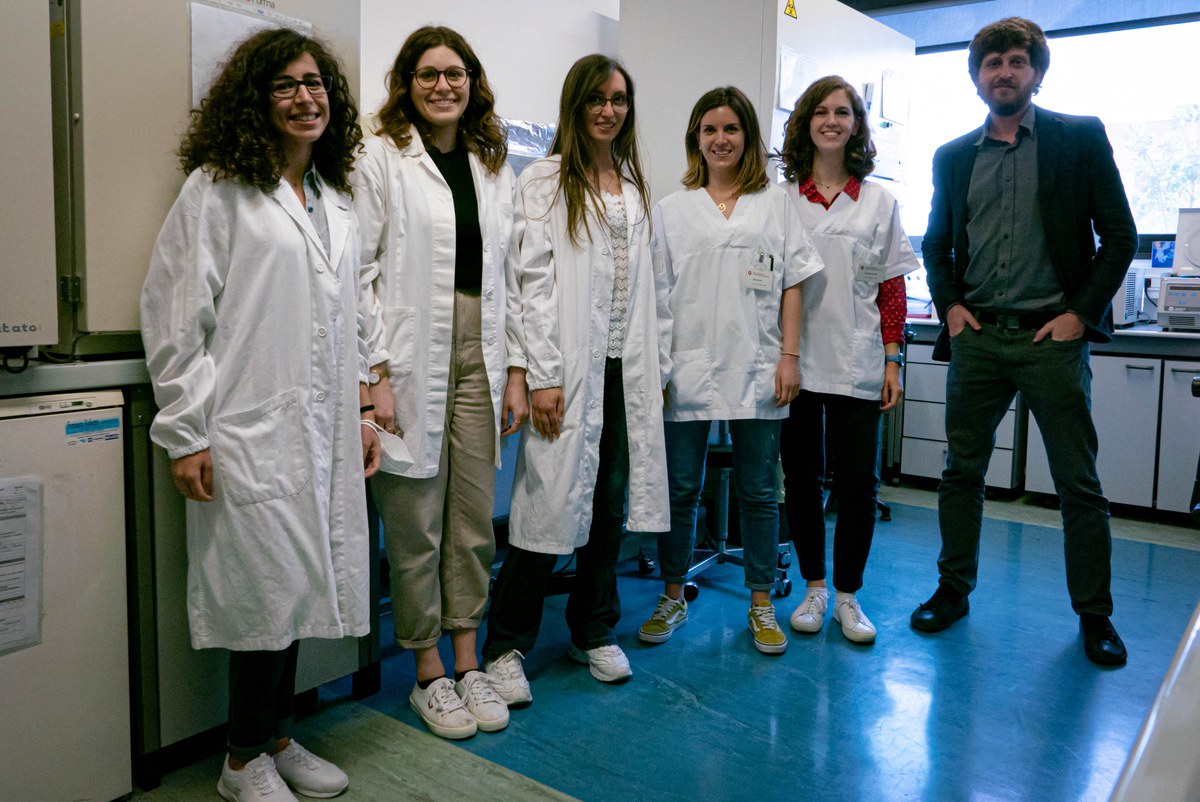Cancer and cardiovascular diseases are the most common causes of death in the world. The incidence of these chronic-degenerative pathologies rises with age. When cancer and cardiovascular disease exist in the same patient, however, it isn’t usually simply due to aging; cardiotoxic side effects of cancer treatments are another cause. A common side effect of chemotherapy and other targeted therapies is, in fact, carditoxicity—which has a powerful effect on the quality of life and overall survival rate, independent of the oncological prognosis.
Our research group is proposing strategies for stimulating the heart toself-regenerate, by identifying and activatinfspecific molecular mechanisms which can “force” the heart muscle cells (cardiomyocytes) which survived the heart attack to reactivate the cell-division program and proliferate. In the modern science world, this innovative regenerative strategy, known as “direct cardiogenesis”, is quickly being validated; important studies, including our own, have identified some genes and growth factors able to promote the proliferation of myocytes, part of the regenerative process that occurs after the damage of a heart attack, in animal models. Further, we are studying molecular strategies for improving the survival of cardiomyocytes in order to protect the heart from the effects of some anti-cancer drugs.
In addition, in the field of oncology, we aim to identify the stimuli and molecular mechanisms able to induce cellular differentiation, blocking the proliferation of cancer cells, in order to limit the the cancer’s progression and dissemination.
Fields of research
- Regenerative cardiac medicine through direct cardiogenesis
- Cardiotoxicity of anticancer therapies
- Differentiated therapies in the field of oncology, in particular breast cancer
The research group has obtained competitive funding from both public and private entities, including: Fondazione Luisa Fanti Melloni, Fondazione CARISBO, AIRC, Fondazione Cariplo, and European Union.
